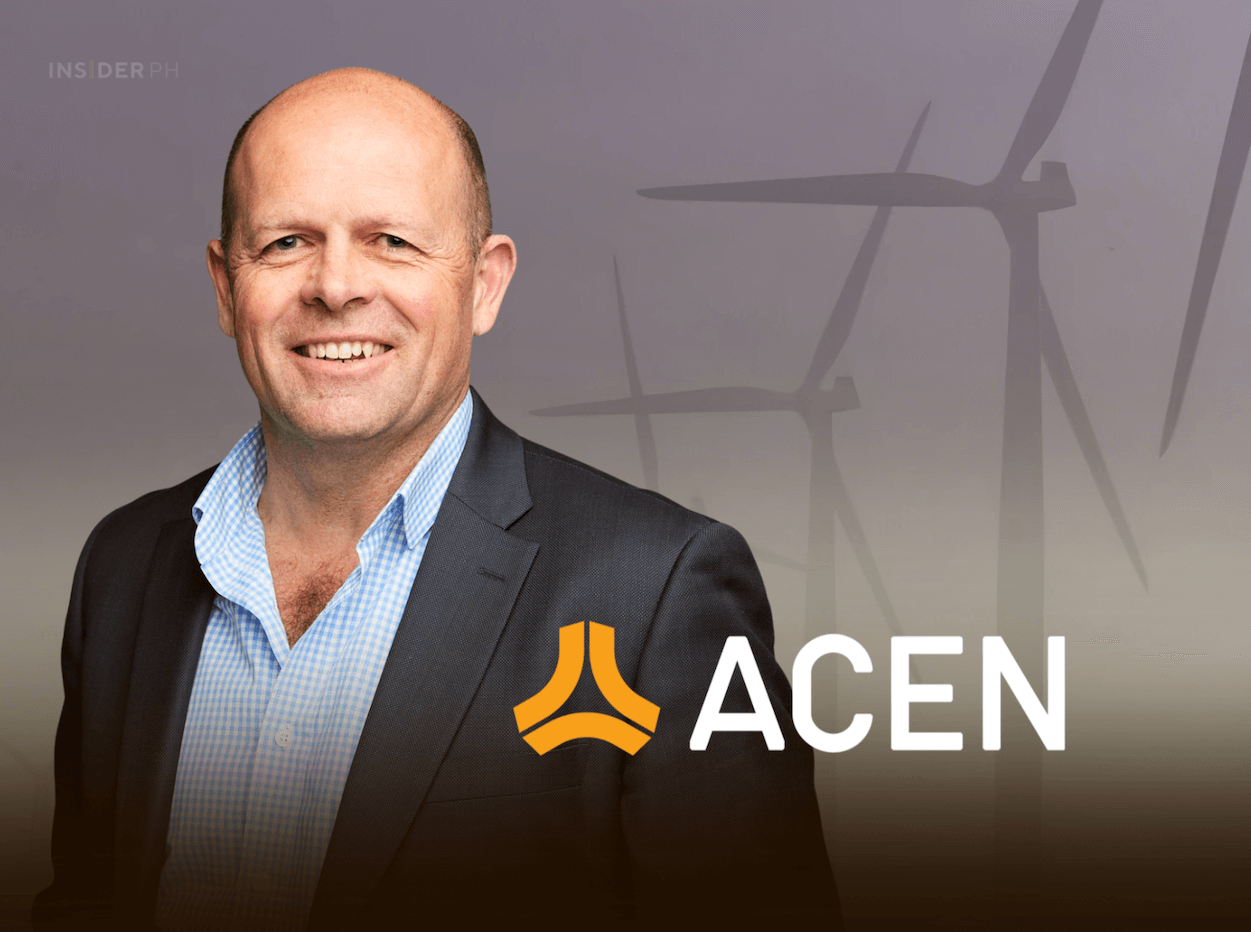

The 900-megawatt development will power up to 500,000 homes, create 400 construction jobs, and inject AUD$30 million annually into the local economy, alongside a AUD$27-million community benefits program.
The approval comes after more than eight years of assessments, giving regulators confidence that environmental risks can be managed while accelerating Australia’s energy transition.
ACEN executives said the project will play a critical role in meeting emissions targets and supporting the Marinus Link transmission project, which will connect Tasmania’s clean energy to Victoria.
“This decision shows that large, complex projects can be delivered responsibly, balancing overall impacts and conserving biodiversity, with the need for clean energy to address climate change,” ACEN Australia managing director David Pollington said in a statement on Tuesday.
The project will help Tasmania double clean energy production by 2040 and support Victoria as it retires half of its coal generation by 2035. Construction is expected to start soon, with power generation targeted for 2030.
ACEN Australia operates two of the country’s largest solar farms, New England and Stubbo, and is building its first large-scale battery project.
—Edited by Miguel R. Camus